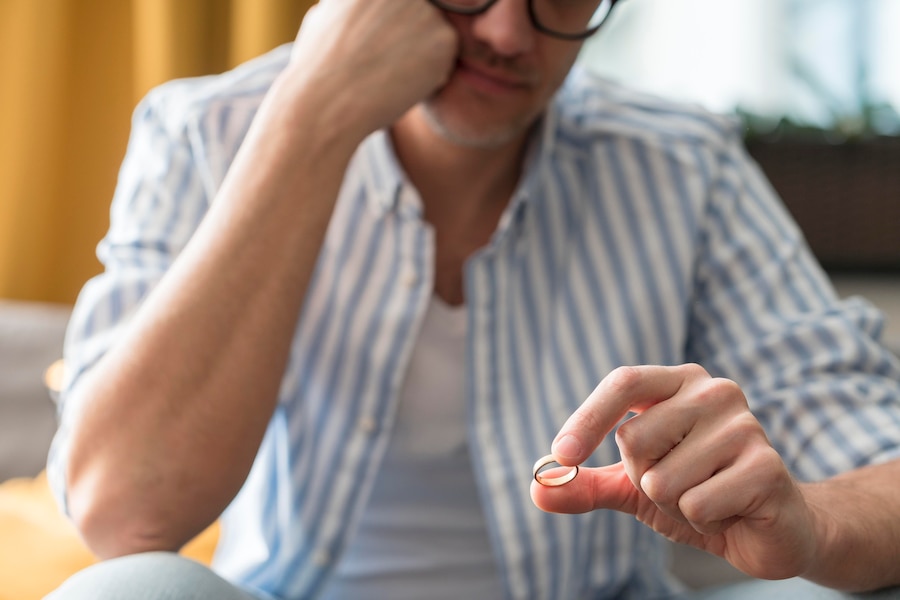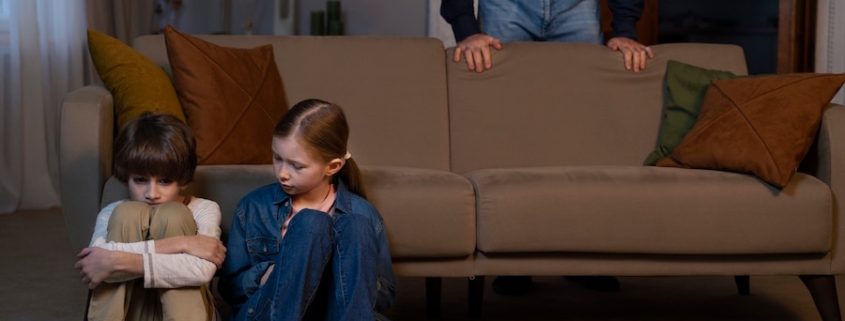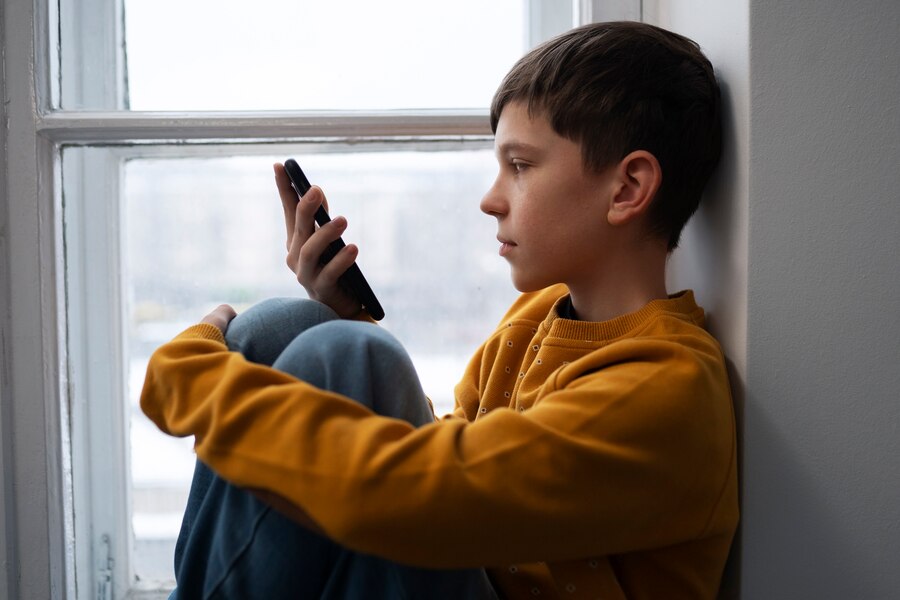Forgiveness is a cornerstone of healing in any relationship, especially when both partners are struggling with addiction. At Couples Rehab, we understand the importance of forgiveness in the recovery process and provide a supportive environment where couples can learn to forgive themselves and each other. Through individual and couples therapy, communication exercises, and experiential activities, we help couples navigate the complexities of forgiveness and rebuild trust, fostering a stronger, more resilient partnership.
Couples Rehab Services
Understanding Forgiveness in Recovery
Forgiveness is not easy, especially in the context of addiction, where trust may have been broken and wounds run deep. However, learning to forgive is essential for both partners’ healing and the health of the relationship. At Couples Rehab, we guide couples through the process of forgiveness, helping them explore their feelings of anger, resentment, and betrayal in a safe and non-judgmental space. Through therapy and counseling, couples learn to communicate openly, express their needs and emotions, and work towards reconciliation and forgiveness.
Acknowledging Pain and Betrayal
Before forgiveness can occur, it’s essential for both partners to acknowledge the pain and betrayal caused by addiction. At Couples Rehab, we provide a safe space for couples to express their feelings and experiences, validating each partner’s perspective and emotions. Through individual therapy sessions, partners can explore their own wounds and the ways in which addiction has impacted their lives. By acknowledging the pain and betrayal, couples can begin to heal and move forward towards forgiveness and reconciliation.
Understanding the Role of Addiction in Hurtful Behaviors
Addiction often leads to hurtful behaviors that can strain and damage relationships. At Couples Rehab, we help couples understand the role of addiction in these behaviors, recognizing that substance abuse can alter brain chemistry and impair judgment. Through education and therapy, couples learn to separate the person from the addiction, understanding that hurtful actions are often a result of the disease rather than intentional malice. By gaining insight into the underlying causes of addiction-related behaviors, couples can begin to empathize with each other and approach forgiveness with compassion and understanding.

Healing Through Communication
Effective communication is essential for forgiveness and reconciliation in any relationship. At Couples Rehab, we provide couples with tools and techniques for improving communication and resolving conflicts constructively. Through couples therapy sessions, partners learn how to listen actively, express their needs assertively, and communicate with empathy and compassion. By improving their communication skills, couples can address past hurts and misunderstandings, paving the way for forgiveness and healing.
Rebuilding Trust Through Transparency and Accountability
Rebuilding trust is a gradual process that requires transparency, honesty, and accountability from both partners. At Couples Rehab, we help couples establish clear boundaries and expectations for rebuilding trust, setting the stage for open and honest communication. Through individual and couples therapy sessions, partners can address past betrayals and work towards rebuilding trust through consistent, trustworthy behavior. By holding each other accountable and demonstrating a commitment to sobriety and recovery, couples can begin to rebuild trust and strengthen their bond.
Cultivating Empathy and Compassion
Forgiveness requires empathy and compassion towards oneself and others. At Couples Rehab, we help couples cultivate empathy and compassion through therapy, mindfulness exercises, and experiential activities. By practicing empathy, partners can gain a deeper understanding of each other’s experiences and emotions, fostering greater connection and intimacy. Through compassionate self-reflection, individuals can forgive themselves for past mistakes and shortcomings, paving the way for healing and growth within the relationship.
Embracing the Journey of Forgiveness
In conclusion, forgiveness is a transformative journey that requires patience, compassion, and commitment from both partners. At Couples Rehab, we provide couples with the tools and support they need to navigate this journey together, fostering healing, reconciliation, and growth. Through therapy, communication exercises, and experiential activities, couples learn to acknowledge their pain, understand the role of addiction in hurtful behaviors, and cultivate empathy and compassion towards themselves and each other. If you and your partner are struggling with addiction and seeking to rebuild your relationship, contact Couples Rehab today to learn more about our programs and take the first step towards forgiveness and healing

FAQs
1. What does “Learning to Forgive” mean in the context of Couples Rehab?
“Learning to Forgive” in the context of Couples Rehab refers to the process of acknowledging past hurts, letting go of resentment, and rebuilding trust within the relationship. It’s about couples working together to heal old wounds and move forward toward a healthier, more fulfilling future.
2. How does Couples Rehab help couples learn to forgive and heal past wounds?
Couples Rehab helps couples learn to forgive and heal past wounds through specialized therapy sessions that address communication breakdowns, underlying issues, and the impact of addiction on the relationship. Through guided exercises and open dialogue, couples can explore their feelings, express themselves, and work toward forgiveness.
3. What role does forgiveness play in the recovery journey for couples in Couples Rehab?
Forgiveness plays a crucial role in the recovery journey for couples in Couples Rehab as it fosters healing, restores trust, and promotes emotional connection. By letting go of resentments and grievances, couples can create a supportive environment conducive to sobriety and relational growth.
4. How do couples in Couples Rehab navigate the process of forgiveness together?
Couples in Couples Rehab navigate the process of forgiveness together by participating in couples therapy sessions, individual counseling, and group activities focused on conflict resolution and relationship repair. They learn effective communication skills, empathy, and self-awareness to facilitate forgiveness and reconciliation.
5. What are some common challenges couples face when learning to forgive in Couples Rehab?
Some common challenges couples face when learning to forgive in Couples Rehab include addressing trust issues, managing unresolved anger or resentment, and confronting past traumas or betrayals. However, with the guidance of experienced therapists and a commitment to the process, couples can overcome these challenges and find healing.
6. Can forgiveness be achieved even in cases of severe betrayal or infidelity within a relationship?
Yes, forgiveness can be achieved even in cases of severe betrayal or infidelity within a relationship, although it may require time, effort, and professional guidance. Couples Rehab provides a safe space for couples to explore difficult emotions, rebuild trust, and work toward forgiveness, even in the face of significant challenges.
7. How does forgiveness contribute to long-term sobriety and relationship success after leaving Couples Rehab?
Forgiveness contributes to long-term sobriety and relationship success after leaving Couples Rehab by fostering resilience, strengthening emotional bonds, and promoting healthy conflict resolution skills. Couples who practice forgiveness are better equipped to navigate challenges and maintain their sobriety together.
8. Is forgiveness a one-time event, or is it an ongoing process in Couples Rehab?
Forgiveness is often an ongoing process in Couples Rehab, as it requires ongoing effort, communication, and commitment from both partners. While forgiveness may begin with a single act, it often evolves over time as couples continue to grow and deepen their understanding of each other.
9. How do couples in Couples Rehab measure progress in their journey toward forgiveness?
Couples in Couples Rehab measure progress in their journey toward forgiveness by observing improvements in communication, emotional intimacy, and relational satisfaction. They may also notice a reduction in conflict, increased empathy, and a greater sense of connection with their partner.
10. How can couples interested in forgiveness and healing benefit from participating in Couples Rehab?
Couples interested in forgiveness and healing can benefit from participating in Couples Rehab by gaining access to professional guidance, evidence-based therapies, and a supportive community of peers. Couples Rehab provides the resources and tools needed to navigate the challenges of forgiveness and rebuild a strong, resilient relationship.



















